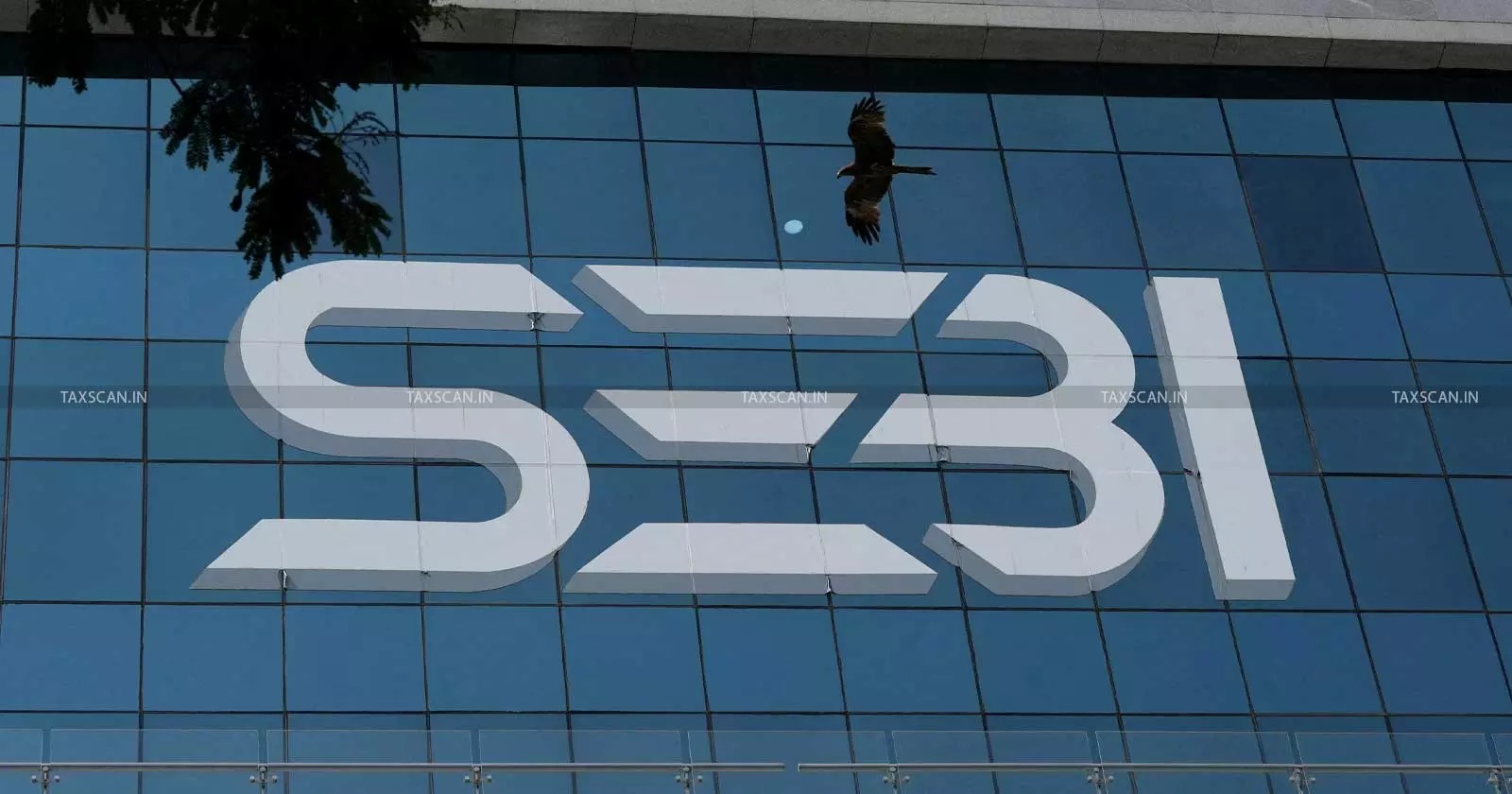Service Tax Demand of ₹87.76 Lakh on Mutual Fund Investments Quashed: CESTAT Rules Activity Not “Trading of Goods” under Finance Act [Read Order]
The Tribunal relied on Siegwerk India Pvt. Ltd. v. Commissioner of CGST, which clarified that mutual fund investments are not “trading of goods” and therefore do not attract reversal obligations under Rule 6 of the Cenvat Credit Rules, 2004
![Service Tax Demand of ₹87.76 Lakh on Mutual Fund Investments Quashed: CESTAT Rules Activity Not “Trading of Goods” under Finance Act [Read Order] Service Tax Demand of ₹87.76 Lakh on Mutual Fund Investments Quashed: CESTAT Rules Activity Not “Trading of Goods” under Finance Act [Read Order]](https://images.taxscan.in/h-upload/2025/09/29/2092387-service-tax-demand-mutual-fund-finance-act-taxscan.webp)
The bench of the Customs, Excise & Service Tax Appellate Tribunal, New Delhi, set aside a service tax demand raised on the ground that investment in mutual funds amounted to “trading of goods.” The Tribunal ruled that such activity does not qualify as “exempted service” under Section 66D(e) of the Finance Act, 1994, thereby quashing the demand of CENVAT credit reversal and penalties.
The appellant, M/s Career Point Limited, engaged in providing multiple taxable services such as manpower recruitment, commercial training and coaching, renting of immovable property, works contracts, and legal consultancy, was subjected to a show cause notice dated 14.09.2017.
The notice alleged that its practice of investing surplus funds in mutual fund units and redeeming them constituted “trading of goods” under the Negative List. The adjudicating authority, by order dated 04.10.2018, confirmed the demand for recovery of CENVAT credit of ₹87,76,820 under Rule 6(3) of the Cenvat Credit Rules, 2004, along with equal penalty and interest.
 Also Read:SEBI Revises Angel Fund Regulations: Accredited Investors Made Mandatory, Investment Capped at Rs. 25 Crore [Read Circular]
Also Read:SEBI Revises Angel Fund Regulations: Accredited Investors Made Mandatory, Investment Capped at Rs. 25 Crore [Read Circular]
The Commissioner (Appeals), Jodhpur, upheld the demand through Order-in-Appeal dated 24.06.2019, leading the assessee to approach the Tribunal.
Represented by B.L. Narsimhan and Daliya Singh, the appellant argued that the issue of treating subscription and redemption of mutual funds as “trading of goods” stood settled by several Tribunal rulings in favour of assessees. It was contended that investment in mutual funds is not a “service” within the meaning of Section 65B(44) of the Finance Act, 1994, and therefore cannot fall within the ambit of “exempted service” under Rule 2(e) of the Cenvat Credit Rules, 2004.
Reliance was placed on a series of decisions such as Siegwerk India Pvt. Ltd (2024) which squarely covered the matter at hand in the favor of the appellant.
Represented by Aejaz Ahmad, the Department defended the orders of the lower authorities. It was contended that since the appellant had not maintained separate accounts for input services used commonly for taxable services and alleged exempt activity, reversal under Rule 6(3) of the Cenvat Credit Rules, 2004, was mandatory.
 Also Read:Centre Grants Income Tax Exemptions to Credit Guarantee Fund Trust for Animal Husbandry and Karnataka Construction Workers’ Welfare Board [Read Notification]
Also Read:Centre Grants Income Tax Exemptions to Credit Guarantee Fund Trust for Animal Husbandry and Karnataka Construction Workers’ Welfare Board [Read Notification]
The Bench comprising Judicial Member, Binu Tamta and Technical Member, Hemambika R. Priya held that the activity of subscription and redemption of mutual funds does not amount to trading of goods and cannot be considered an “exempted service” under Section 66D(e) of the Finance Act, 1994.
The Tribunal emphasized that for an activity to fall within “exempted service,” it must first qualify as a “service” as defined under Section 65B(44) of the Finance Act. Since investment in mutual funds does not involve the rendering of a service for consideration, it does not fall within the statutory definition.
Following consistent precedents, the Tribunal set aside the impugned order.
Accordingly, the bench allowed the appeal in full.
Support our journalism by subscribing to Taxscan premium. Follow us on Telegram for quick updates


